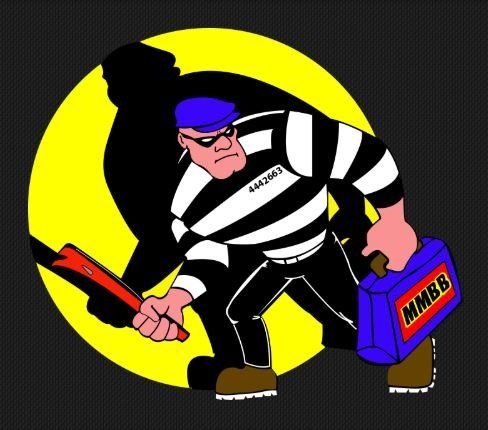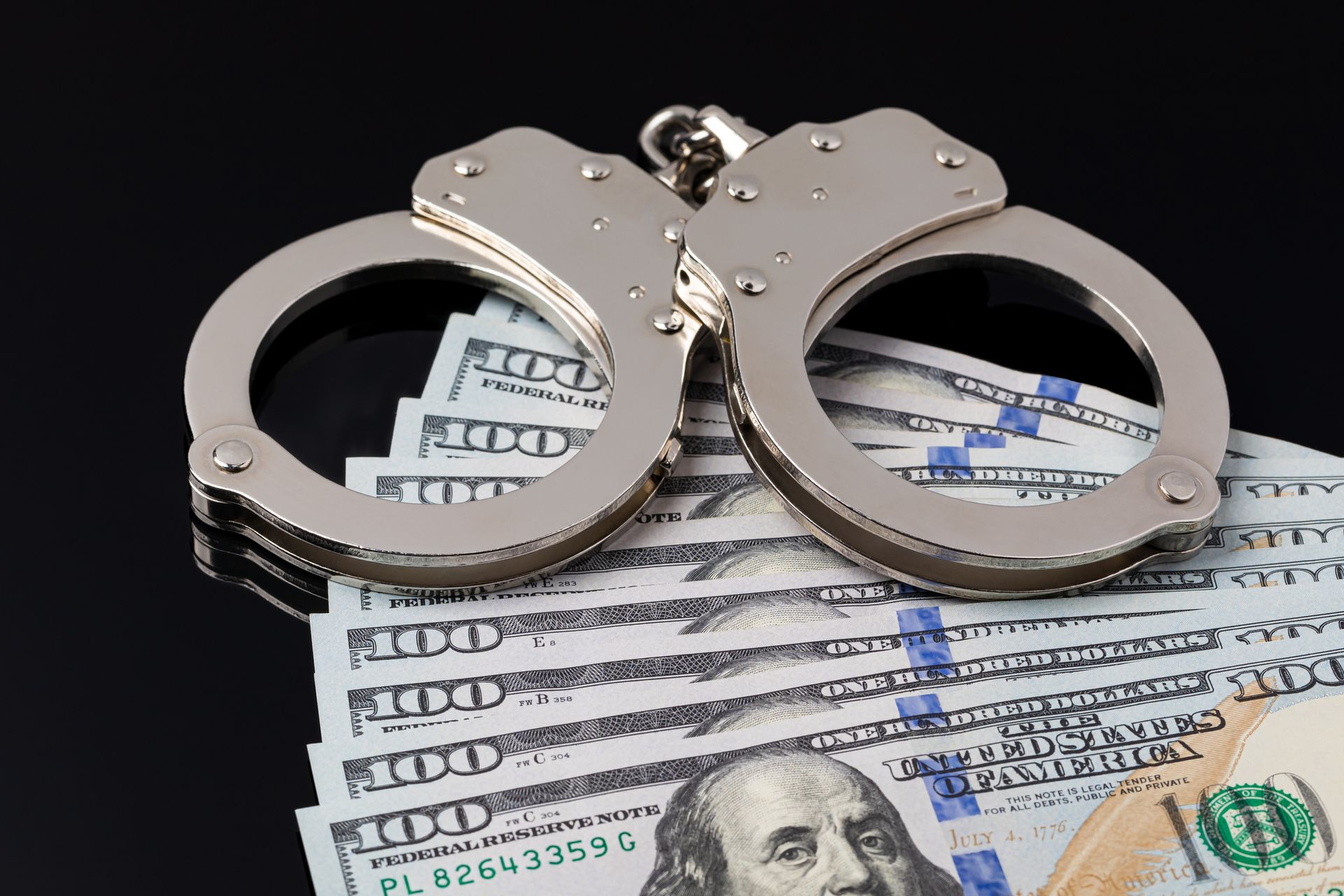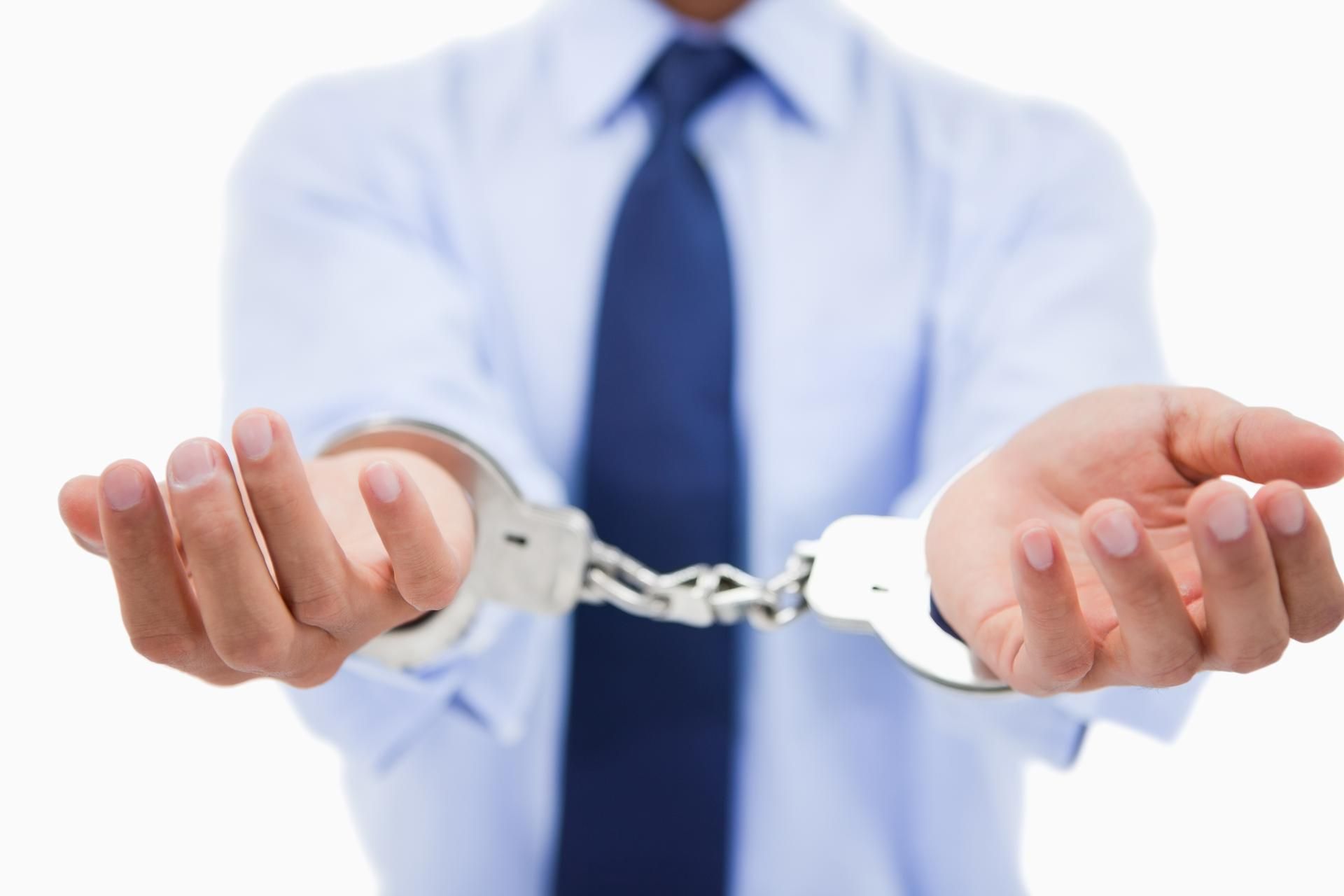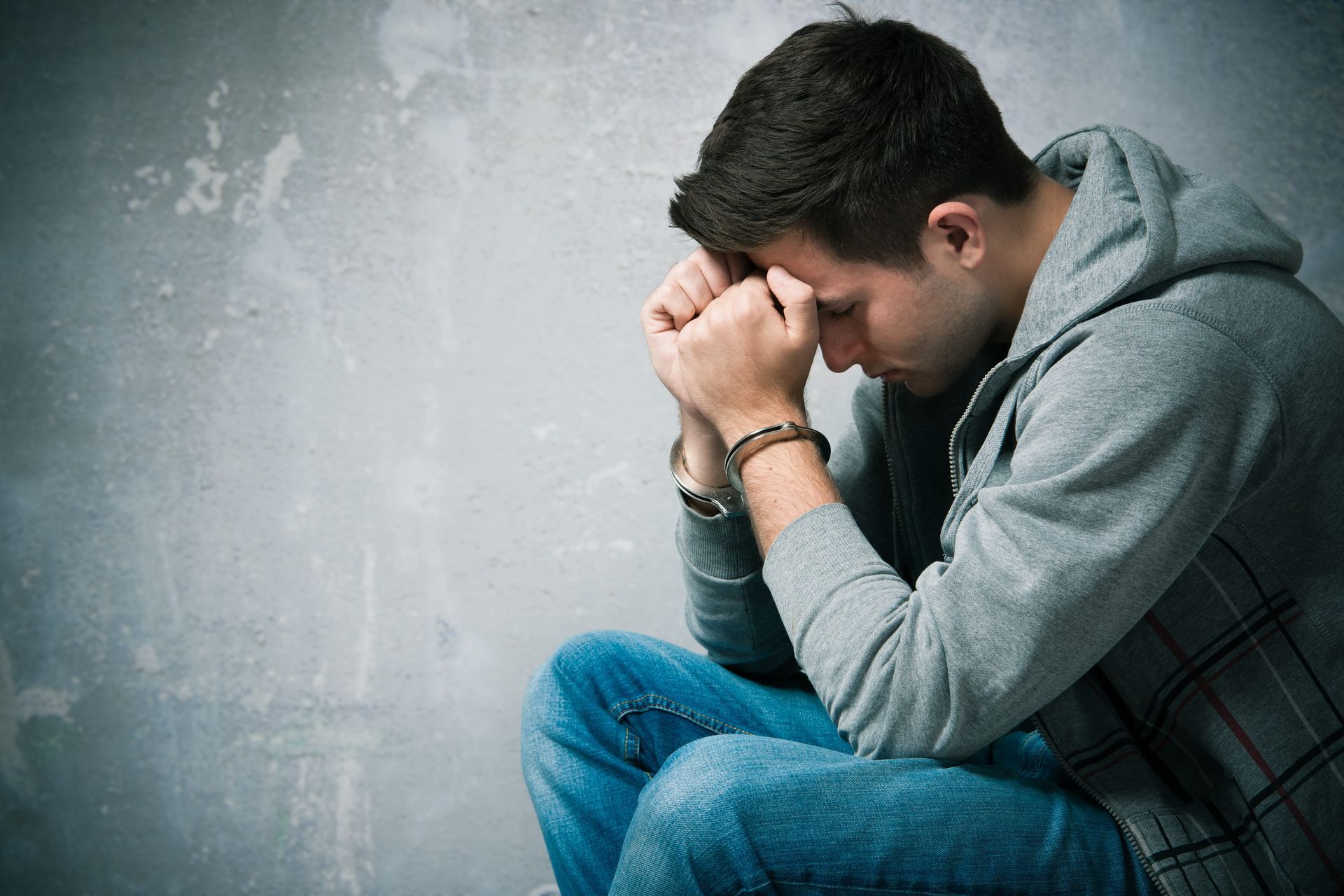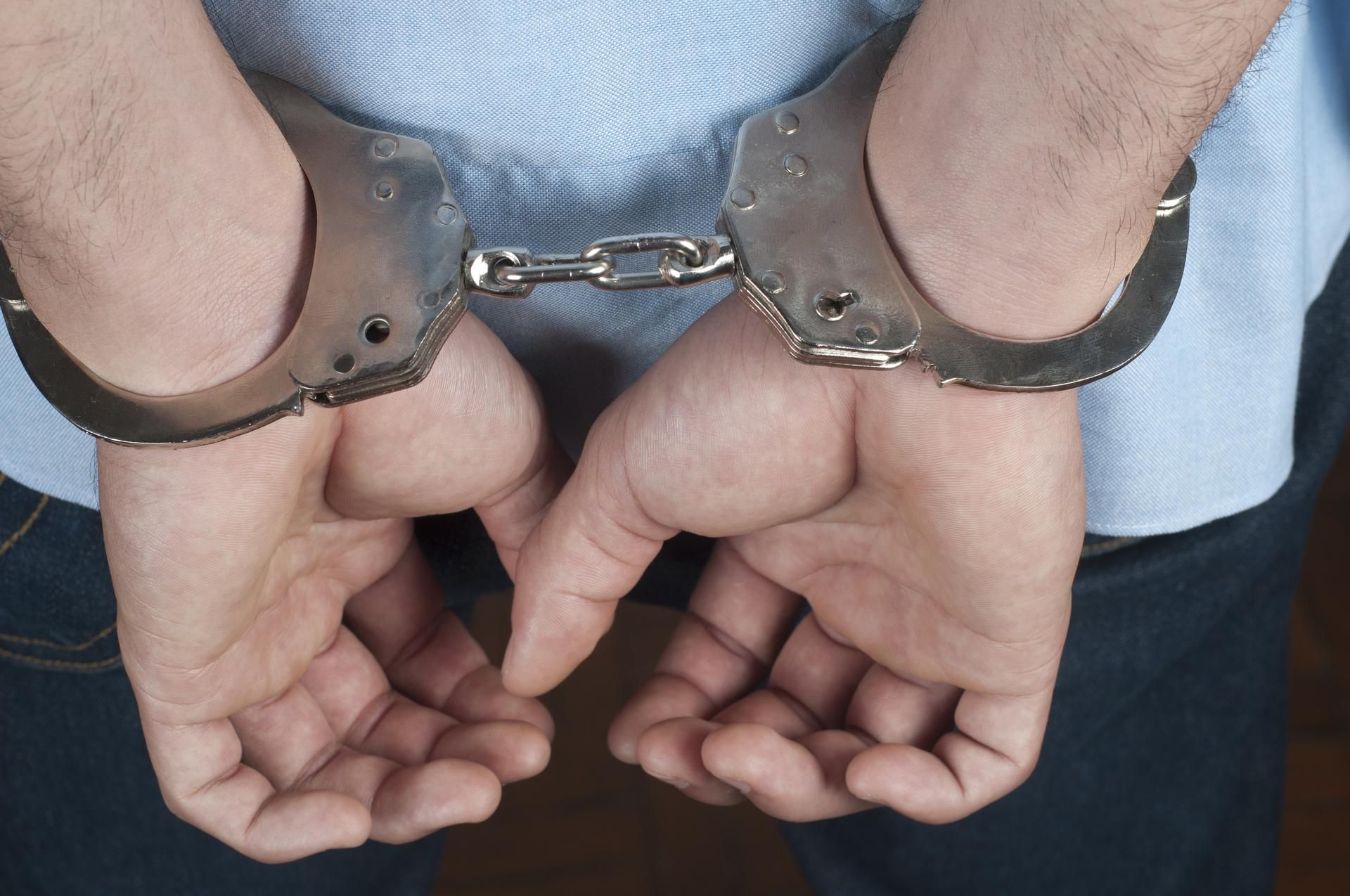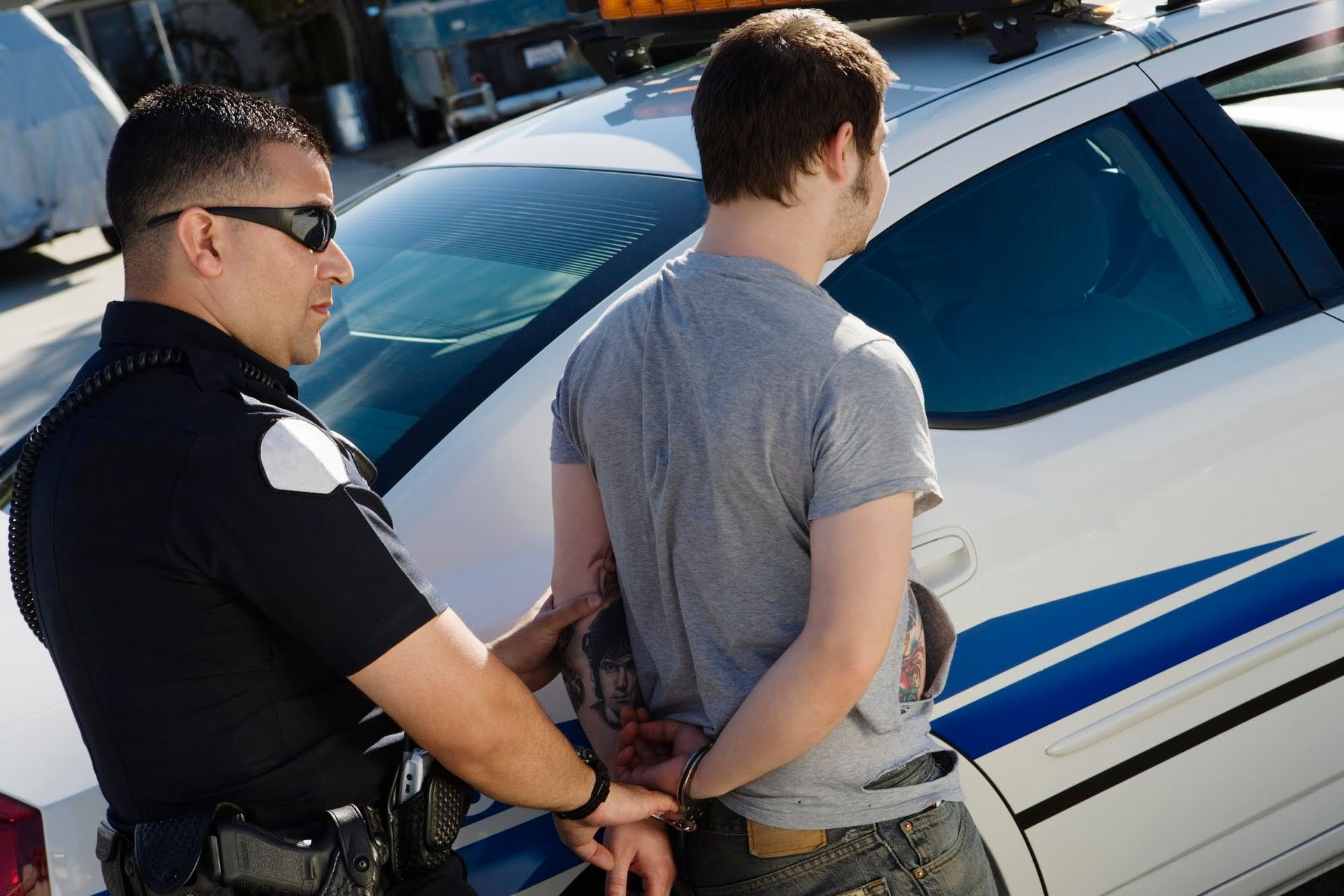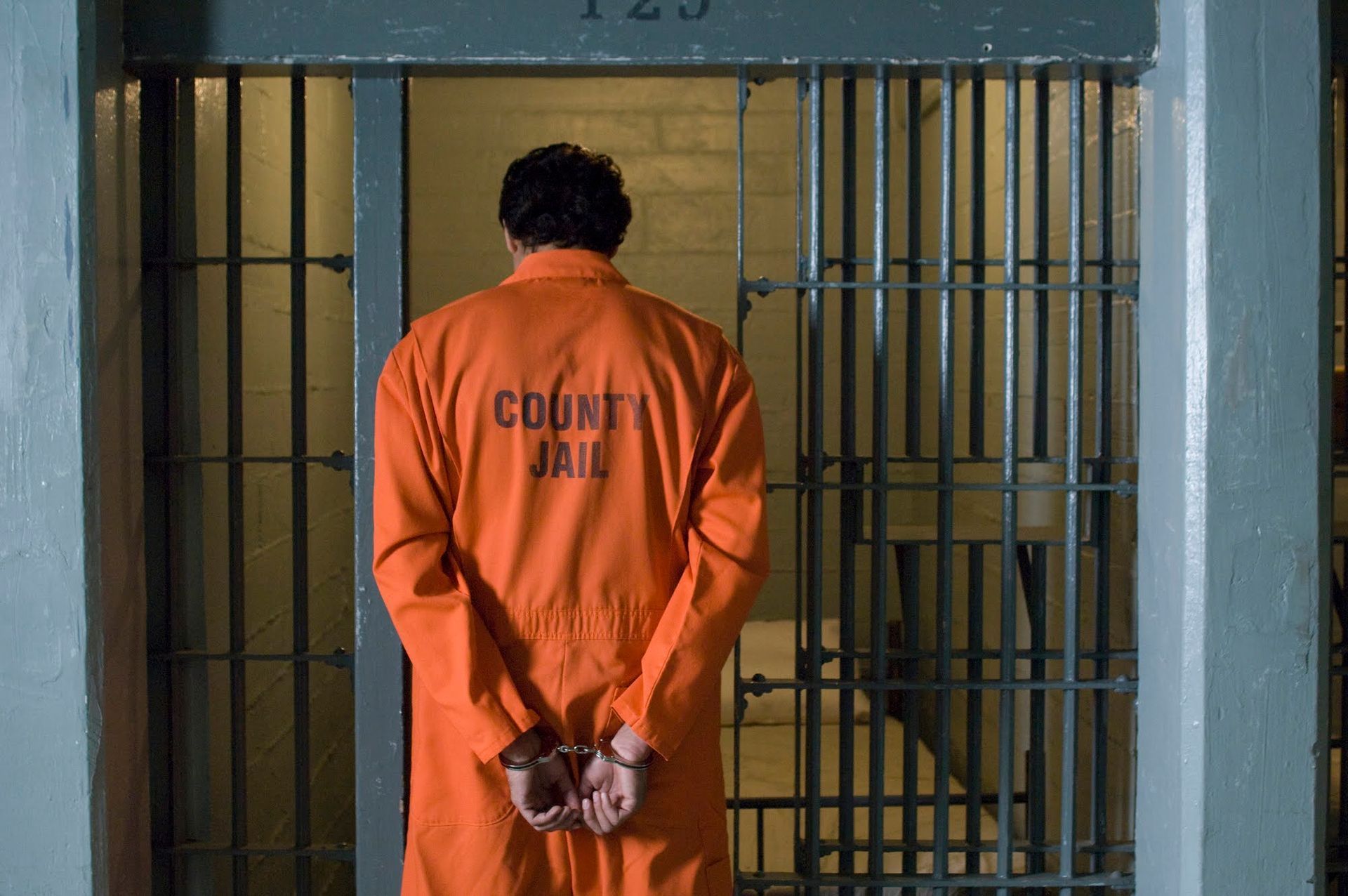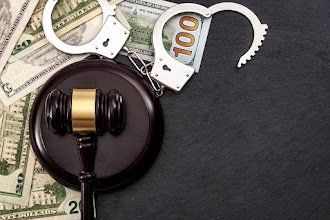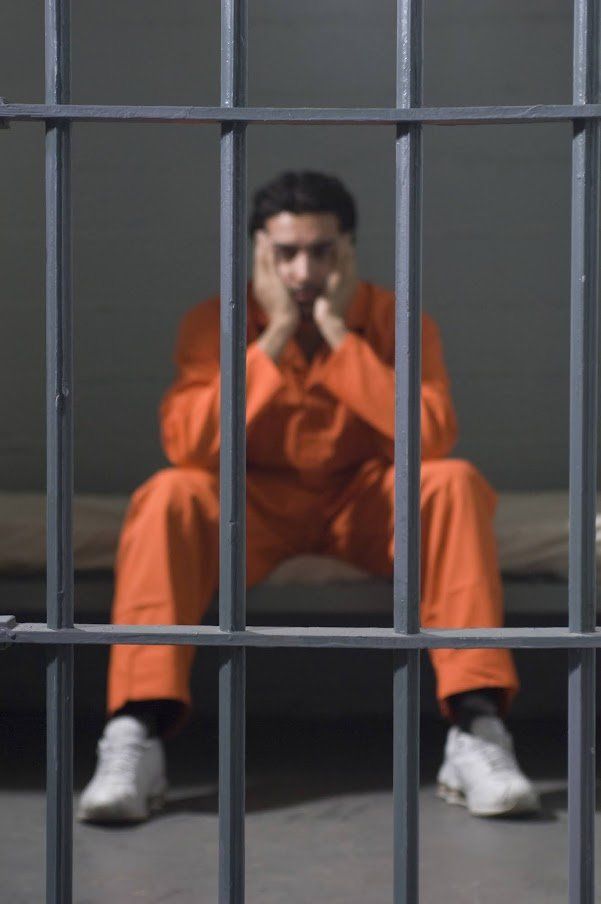You've Just Been Arrested in Florida: What Happens Next?
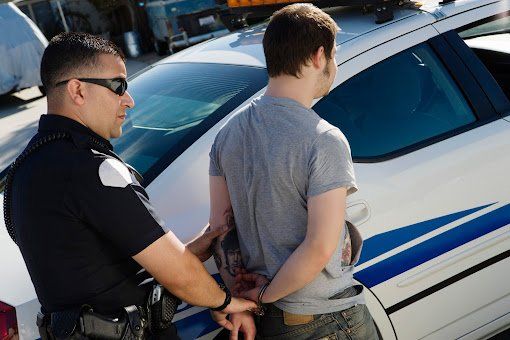
You've just been arrested in the state of Florida. Whether you believe you are innocent of a crime or not, now is not the time to make any hasty decisions. Your future depends on the next steps you take after your arrest.
What Happens Immediately After Your Arrest
In Florida, a police officer will take you into custody and first bring you to the local police station for initial processing. At this stage, an officer will explain which crimes law enforcement believes you have committed. You may be fingerprinted and photographed and required to participate in a lineup of suspects the department is investigating in connection with a crime.
After a brief period, you will be taken to a court session in a process called an arraignment. You will then provide a written plea to the court, responding to the charges against you. You will be given three plea options:
- Not Guilty: This plea denies the accusations against you and requires the court to schedule a formal trial.
- Guilty: With this plea, you admit your guilt to the charges that law enforcement has leveled against you. The court will then schedule a sentencing hearing.
- No Contest: Similar to a guilty plea, a plea of "no contest" will result in a sentencing hearing. There are some differences between this plea and a guilty plea, however.
A no-contest plea does not admit guilt. This protects you in some cases against civil lawsuits following a criminal case. Both a guilty and no contest plea immediately move the process forward to a sentencing hearing. However, under a no-contest plea, you may address the court prior to sentencing.
An attorney will help you to make the best decision regarding your plea options.
How to Be Released From Jail After Your Arrest
After submitting your written plea to the court, you may be released from jail in one of two ways:
- Personal Recognizance: You promise to appear in court when required.
- Released on Bail: You promise to front a sum of money called bail as a guarantee of your future appearance in court. Failure to appear forfeits this money.
If you are unable to be released on your personal recognizance or by posting bail, you will be required to remain in jail until your trial date. In some cases, you may be able to persuade the court to lower your required bail based on your personal financial situation, a strong employment record, or a record of providing service to your local community.
Your Rights While in Police Custody
Florida state law and the Constitution of the United States provide protections for individuals accused of a crime and placed in the custody of a law enforcement agency. If you have been arrested in the state of Florida, you are entitled to the following rights while in custody:
- You have a right to an attorney. If you cannot afford an attorney, the state is required to provide one to you at no cost.
- Law enforcement must provide the exact crimes with which you have been charged.
- You are entitled to know the names and identifiers of the law enforcement officers who are interacting with you while in custody.
- After the police have booked you, you have the right to contact family members, an attorney, and a bail bond agent. You should exercise this right as soon as possible.
- You have Miranda Rights. These rights are guaranteed by the Fifth Amendment and give you the right to remain silent under police questioning. You have no obligation to answer any questions while in custody and may exercise these rights by refusing to answer any questions asked by law enforcement.
Your Next Steps After Your Arrest
At Matt McKeehan Bail Bonds, we are here to provide you and your loved ones with rapid bond service. Our team of experts is standing by 24/7 and waiting for your call. Contact us by phone or email today to get started with the bail process.
